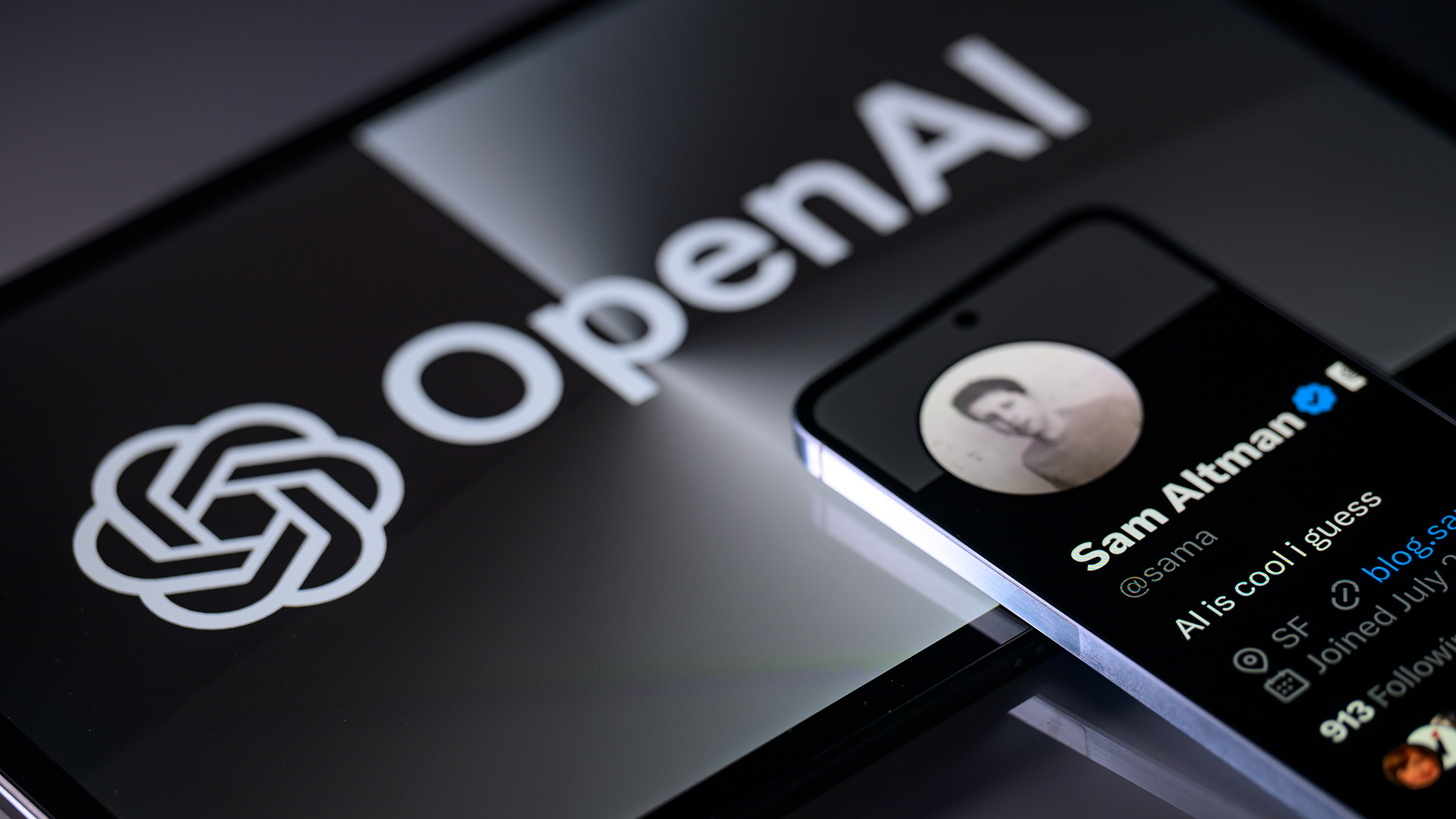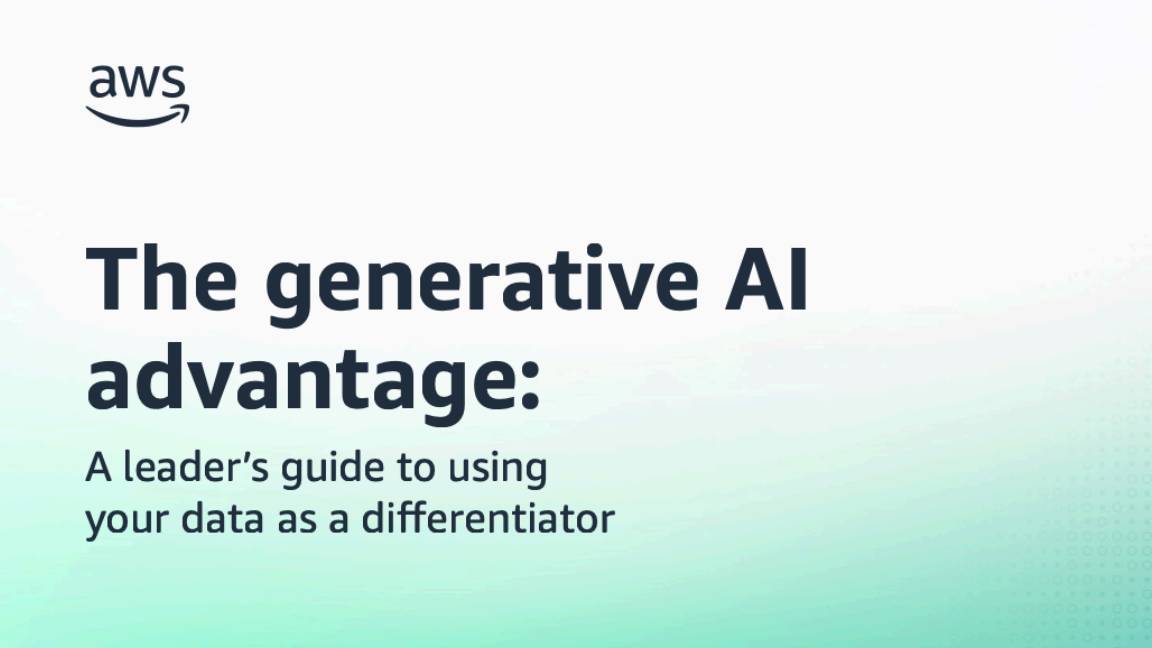OpenAI’s profit drive only weakens its brand
In aiming to compete with the likes of Google and Anthropic, OpenAI is steering away from its supposed goal of ethical AI development


OpenAI has announced its plans to shift its for-profit arm into a public benefit corporation (PBC) and I’m as unsurprised as I could be.
The AI startup has been chasing ever larger sources of money for years, from its earliest forays into paid ChatGPT tiers to its recent $6.6bn funding round, aiming to meet the huge training costs associated with generative AI and lofty operating costs of ChatGPT. Last year, an analysis in The Information suggested that OpenAI would go bankrupt in 12 months without regular – and significant – cash injections.
Sam Altman, CEO and co-founder of OpenAI, has been blowing the ‘we need more money’ horn for years. In December 2022, he tweeted that ChatGPT’s compute costs are “eye watering” while on 6 January 2025 claimed in a post on X that OpenAI is losing money on ChatGPT Pro subscriptions, having underestimated user demand.
Without putting too fine a point on it – what else is new? The seemingly endless amount of money enterprises are willing to spend on generative AI, ROI be damned, is exceeded only by the immense sums tech giants are willing to pour into their AI arms race.
OpenAI’s long-term goal is to develop artificial general intelligence (AGI), an AI system that meets or exceeds human intelligence. After first adopting its ‘capped’ non-profit arm in 2019, the firm now seems to be implying that it’s reached the limits of what it can raise without giving shareholders greater returns and sway over its decision-making.
The company hopes that in shifting to a PBC model in which the non-profit arm of the company holds shares in the for-profit arm, which will act out of obligation to both its shareholders and public benefit, it can attract more funding. It argues that its corporate potential is limited in its current form.
“Our current structure does not allow the Board to directly consider the interests of those who would finance the mission and does not enable the non-profit to easily do more than control the for-profit,” the firm writes in a blog post.
Get the ITPro daily newsletter
Sign up today and you will receive a free copy of our Future Focus 2025 report - the leading guidance on AI, cybersecurity and other IT challenges as per 700+ senior executives
But while OpenAI’s PBC structure could improve the firm’s public report transparency, it comes with no binding obligations that it actually acts in the public’s best interest, such as following ethical AI practices. By specifically moving to give shareholder concerns greater weight, OpenAI fatally undermines its mission to make AI that “benefits all of humanity”.
AGI continues to be a pipe dream
While none of this is new, it exposes the false hopes at the center of OpenAI’s core mission.
The company itself admits that in 2019 it estimated it would need $10 billion to create AGI – a figure that now seems laughably small, given that Microsoft is reported to have set aside that much for OpenAI in 2023 alone. That same year, I wrote that OpenAI could become a money pit for investors such as Microsoft, as the startup chases exponential performance improvements that are far from inevitable.
In a January 6 2025 blog post marking the belated birthday of ChatGPT, Altman wrote that his team “had no idea we would need such a crazy amount of capital” to achieve its AGI mission when it first started.
A fundamental shift in how the company operates was guaranteed after the return of its CEO Sam Altman in November 2023. The outspoken executive had been ousted by OpenAI’s board in a public and messy spat just days before and had already been courted by Microsoft to lead a new advanced AI division.
Microsoft CEO Satya Nadella was reported by The Guardian to be surprised and displeased by the board’s decision – and Altman’s eventual return ushered in a board overhaul that strengthened the for-profit arm of the company and gave Microsoft a non-voting seat. Microsoft has subsequently spent 2024 attempting to justify its relationship with OpenAI, trying to strike a balance between backing the firm with much-needed funds and maintaining a regulator-friendly distance by jettisoning its observer seat on OpenAI’s board.
RELATED WHITEPAPER

OpenAI is still chasing profit and has been forced to clarify that potential routes to revenue such as placing ads on its platforms are still only theoretical. With greater scrutiny over its every funding and spending decision, it’s natural that the firm’s original mission of chasing AGI without losing sight of AI ethics is also put under a microscope.
This was the first of many changes the company would undergo, as it’s seen a wave of resignations in 2024 that has gradually made its team virtually unrecognizable from that which brought ChatGPT to market.
When the history of OpenAI is written, this will be noted as a pivotal moment for the firm: either the moment it began to meaningfully step towards the future of AI, or the day it chose market competition over what made it unique in the first place.

Rory Bathgate is Features and Multimedia Editor at ITPro, overseeing all in-depth content and case studies. He can also be found co-hosting the ITPro Podcast with Jane McCallion, swapping a keyboard for a microphone to discuss the latest learnings with thought leaders from across the tech sector.
In his free time, Rory enjoys photography, video editing, and good science fiction. After graduating from the University of Kent with a BA in English and American Literature, Rory undertook an MA in Eighteenth-Century Studies at King’s College London. He joined ITPro in 2022 as a graduate, following four years in student journalism. You can contact Rory at rory.bathgate@futurenet.com or on LinkedIn.
-
 Geekom Mini IT13 Review
Geekom Mini IT13 ReviewReviews It may only be a mild update for the Mini IT13, but a more potent CPU has made a good mini PC just that little bit better
By Alun Taylor
-
 Why AI researchers are turning to nature for inspiration
Why AI researchers are turning to nature for inspirationIn-depth From ant colonies to neural networks, researchers are looking to nature to build more efficient, adaptable, and resilient systems
By David Howell